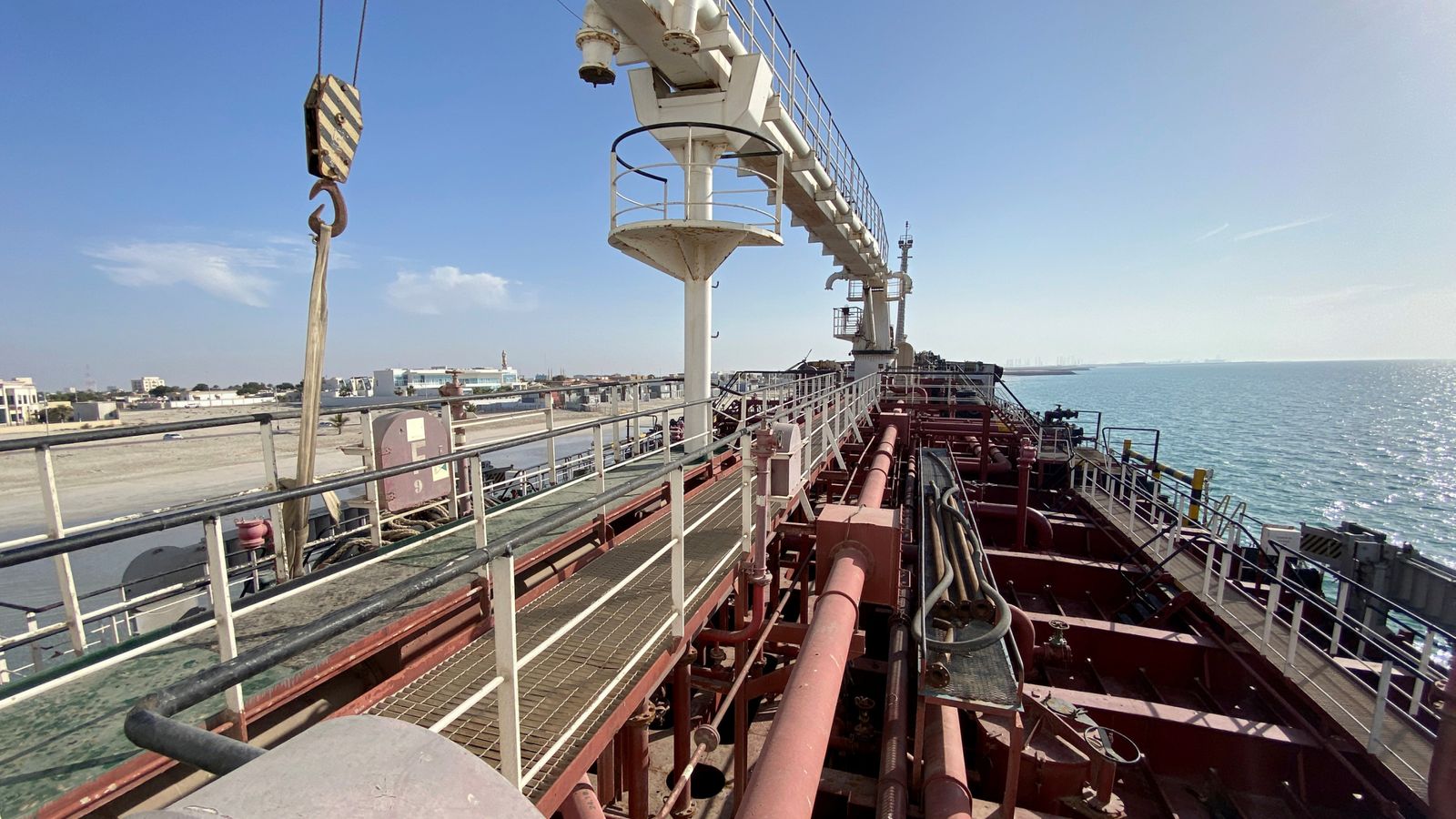Oil prices have hit the highest level for more than seven years as worries about violence in the Middle East added to an already tight outlook for supply.
Brent crude topped $88 a barrel in Tuesday trading, its highest level since October 2014 – creating a further potential headache for squeezed UK consumers if the increase is passed on to petrol pumps.
Supply concerns have risen this week after Yemen’s Iran-backed Houthi rebels attacked the United Arab Emirates, which is part of a Saudi-led coalition on the opposite side in Yemen’s civil war.
Drone and missile strikes set off explosions in fuel tanker trucks and killed three people and Houthis said they could target more facilities while the UAE said it reserved the right to “respond to these terrorist attacks”.
The country’s oil firm ADNOC said it had activated continuity plans to ensure uninterrupted supply to local and international customers after an incident at its Mussafah fuel depot.
Elsewhere tensions between Russia and Ukraine have also been driving energy prices higher.
Meanwhile some oil-producing countries that have agreed between them to hike production by 400,000 barrels per day each month are struggling to reach their allowed capacities due to underinvestment and outages.
Cost of living: Pay rises wiped out by surging inflation, official figures show
Motor Fuel Group owners jumpstart £5bn sale of petrol forecourts giant
THG shares slide as it warns over ‘more challenging’ start to 2022
Market watchers also point to the growing feeling that the impact of the Omicron variant on economic activity will be less than feared – and not drag on demand as much as it might have done.
Goldman Sachs analysts have said they expected oil stocks in the OECD – a group of 38 mainly developed nations – to fall to their lowest since 2000 by the summer, with Brent oil prices rising to $100 later this year.
Rising oil prices could add to Britain’s cost of living squeeze.
Petrol prices have already hit record levels in recent months while a surge in wholesale gas prices is filtering through to households too and is expected to prompt a big jump in the energy price cap.
The oil price surge comes on the same day as official figures confirmed that wage increases were starting to be overtaken by inflation late last year, squeezing consumers’ spending power.






















